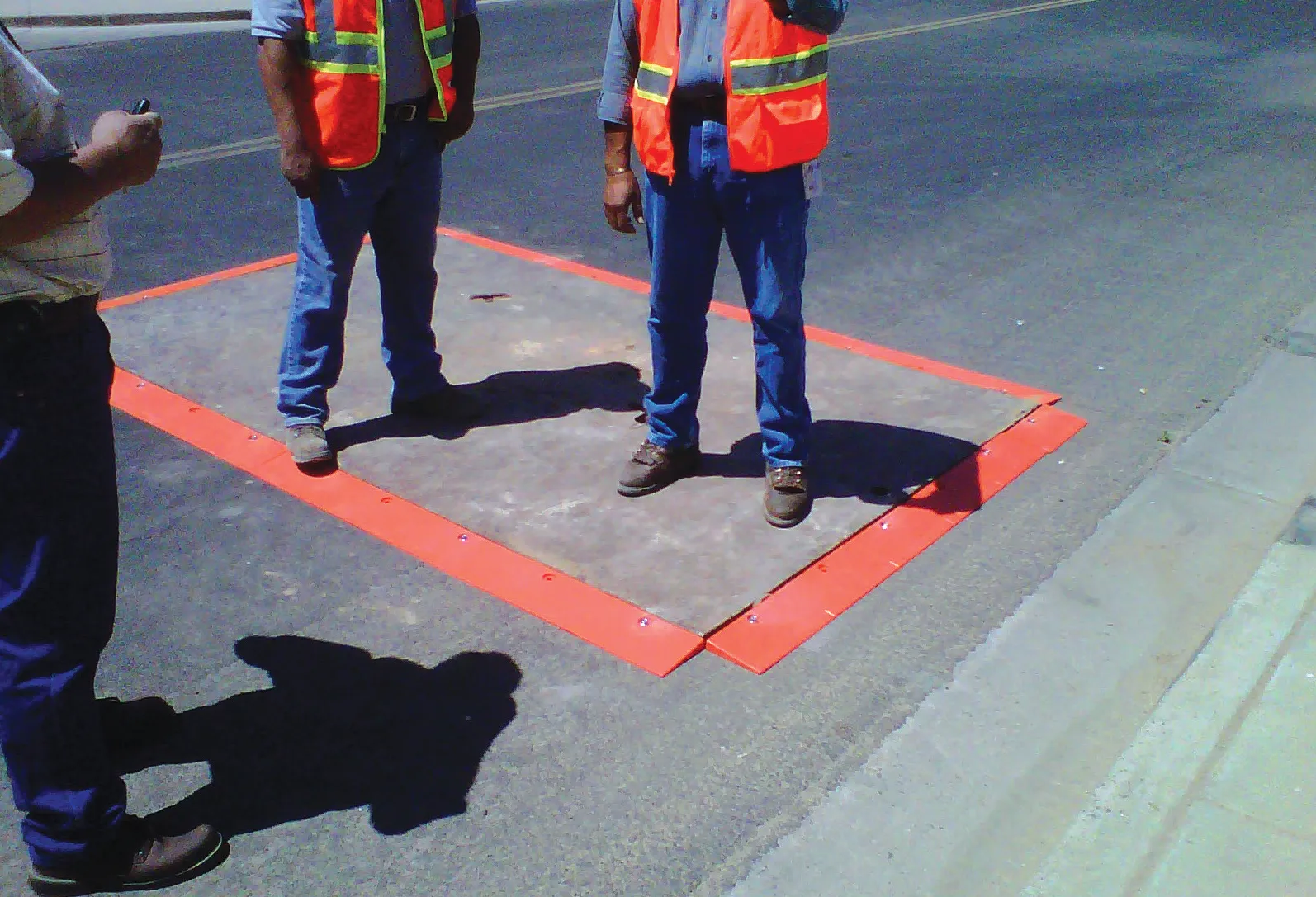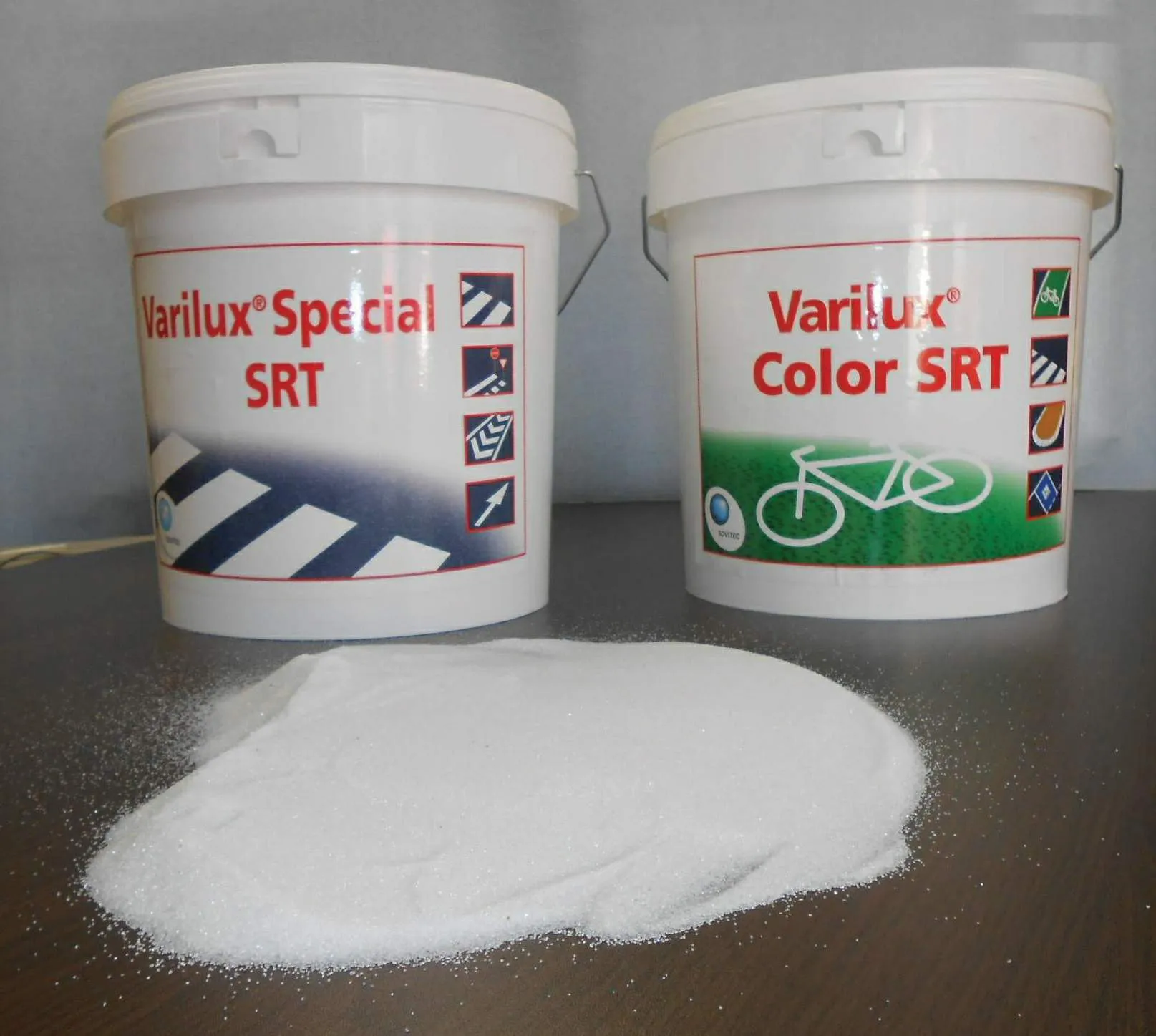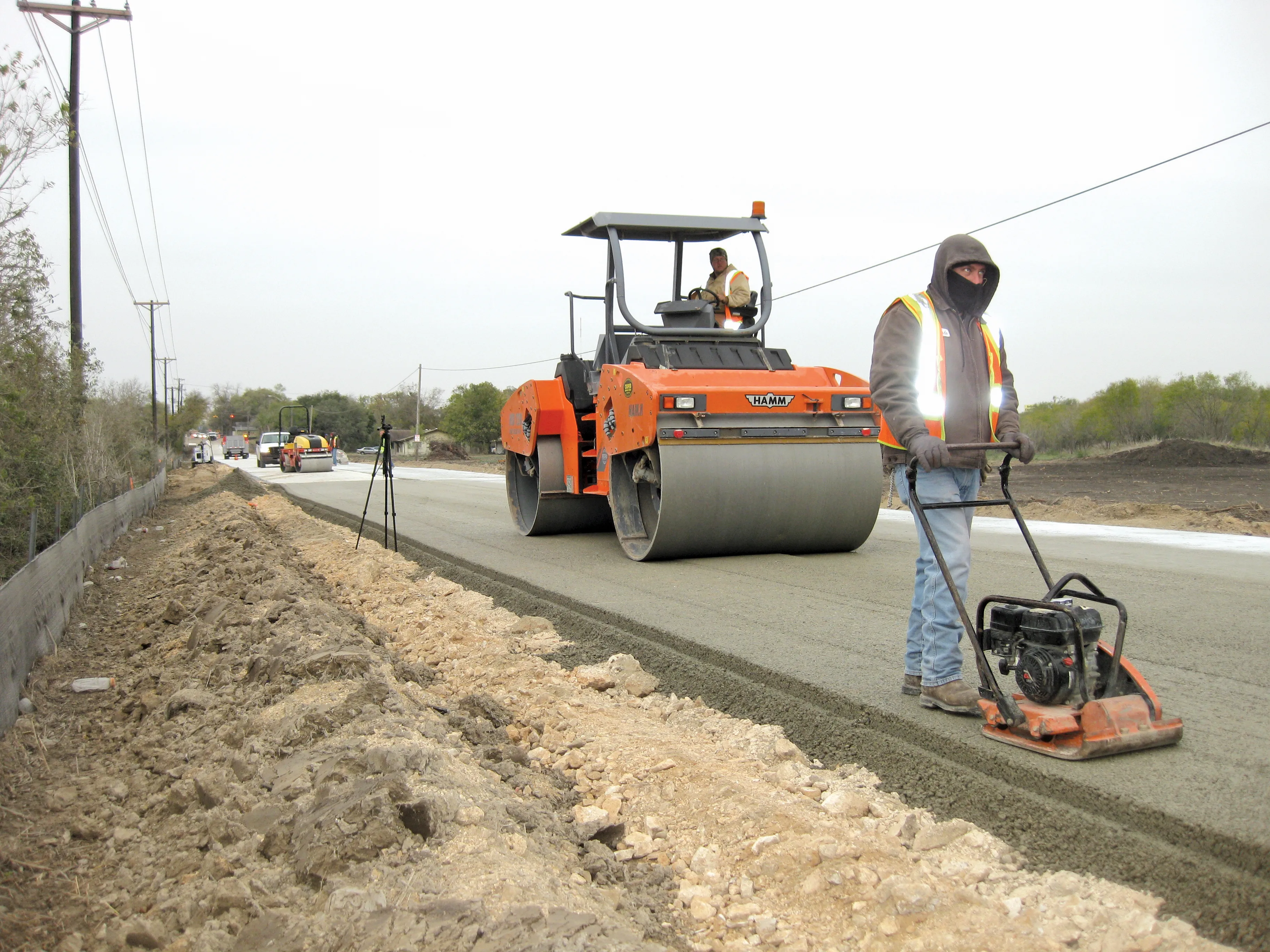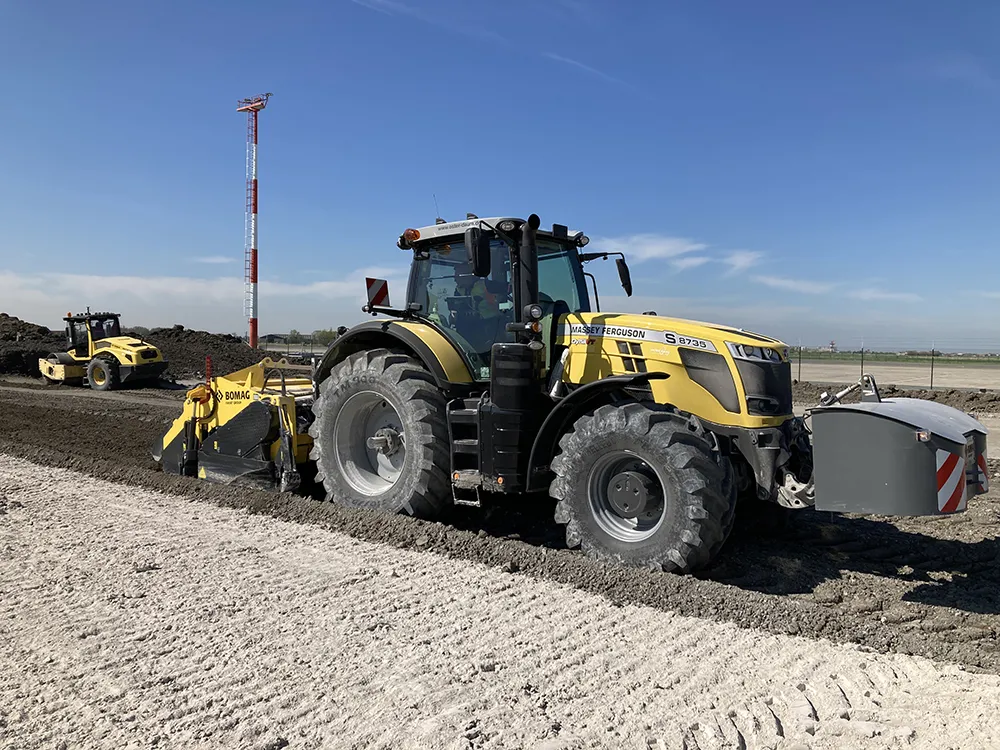Plate Locks is described as a cost effective and reusable road plate securing system said to be an alternative to cold patch asphalting. The system fastens to the road, preventing any sliding and shifting of the plate. Made from a recyclable, safety orange polypropylene thermoplastic, Plate Locks come in 1.52metre lengths and are said to be adjustable to fit any sized plate or configuration of multiple plates. This, coupled with being easily transferable from job to job, is said to allow the product to pay
June 15, 2012
Read time: 2 mins

Plate Locks are described as a cost effective and reusable road plate securing system said to be an alternative to cold patch asphalting.
The system fastens to the road, preventing any sliding and shifting of the plate. Made from a recyclable, safety orange polypropylene thermoplastic, Plate Locks come in 1.52metre lengths and are said to be adjustable to fit any sized plate or configuration of multiple plates. This, coupled with being easily transferable from job to job, is said to allow the product to pay for itself after one or two uses.
“I was sceptical,” says Tad Blanton, field operations supervisor for Medford, Oregon Public Works Department in the United States, “but we set up a demonstration in our yard. We tested the proto-type wedges with a 1-inch thick plate over an uneven asphalt haul road. We used plate shims in several places to give the plate full bearing."
“The plate got an estimated 100 trips a day across it with all heavy trucks and heavy equipment. We left it in place for about 19 days and the plate never moved. I was impressed. Not only did the plate stay in place without cold-mix, the Plate Locks strips made the ride across the plate better than cold-mix generally would. ”
Plate Locks, developed by a company of the same name (5933 Plate Locks), are also said to be environmentally safe, which is not said to be the case for cold mix. It is reusable, has no off gassing of VOC’s and is recyclable. There are also said to be no harmful chemicals that can contaminate storm drains. Another Plate Locks advocate is Rand LeBaron, president of Pilot Rock Excavation.
“Our previous practice for securing trench plates was to surround them with cold-mix asphalt,” says LeBaron. “That old method has literally kept us awake at night with worry about plate-walk in heavily travelled areas. Plate Locks has ended our worries about the trench plates moving and causing a serious accident.”
The system fastens to the road, preventing any sliding and shifting of the plate. Made from a recyclable, safety orange polypropylene thermoplastic, Plate Locks come in 1.52metre lengths and are said to be adjustable to fit any sized plate or configuration of multiple plates. This, coupled with being easily transferable from job to job, is said to allow the product to pay for itself after one or two uses.
“I was sceptical,” says Tad Blanton, field operations supervisor for Medford, Oregon Public Works Department in the United States, “but we set up a demonstration in our yard. We tested the proto-type wedges with a 1-inch thick plate over an uneven asphalt haul road. We used plate shims in several places to give the plate full bearing."
“The plate got an estimated 100 trips a day across it with all heavy trucks and heavy equipment. We left it in place for about 19 days and the plate never moved. I was impressed. Not only did the plate stay in place without cold-mix, the Plate Locks strips made the ride across the plate better than cold-mix generally would. ”
Plate Locks, developed by a company of the same name (
“Our previous practice for securing trench plates was to surround them with cold-mix asphalt,” says LeBaron. “That old method has literally kept us awake at night with worry about plate-walk in heavily travelled areas. Plate Locks has ended our worries about the trench plates moving and causing a serious accident.”








